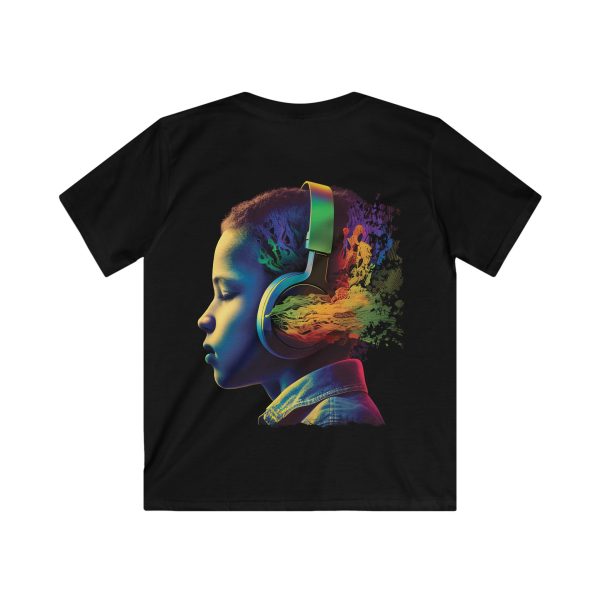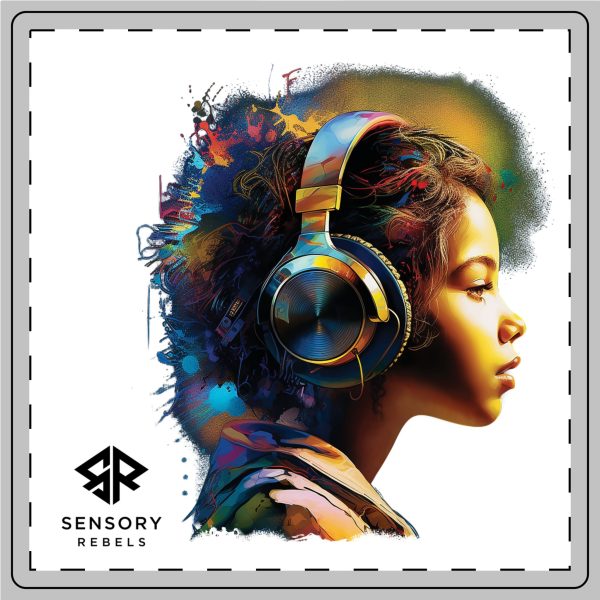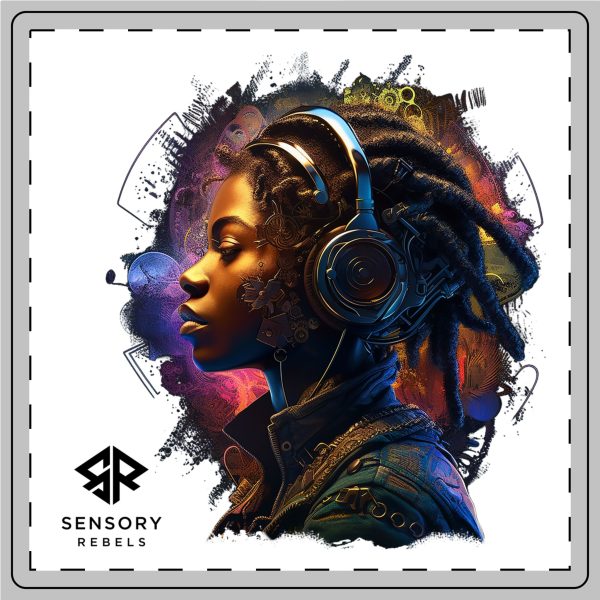No products in the cart.
Return To ShopIntroduction: Questioning Neurodivergence
For many adults, the question “Am I autistic?” arises after years of feeling different, often triggered by a professional’s suggestion, media representation, or personal research. Inspired by a discussion in an online community, where an individual with an ADHD diagnosis began exploring autism after their psychiatrist raised the possibility, this post delves into the process of recognizing autistic experiences, navigating uncertainties, and finding validation. The journey of self-discovery, especially when traits overlap with other conditions like ADHD, can be both enlightening and confusing. Here, we explore these experiences and offer insights for those questioning their neurodivergence.
“Questioning if you’re autistic often starts with a single spark—then the journey begins.”
🧩
#AutismAwareness #Neurodiversity
The Spark: Recognizing Autistic Traits
The individual in the online discussion shared how their psychiatrist suggested autism as a possibility, despite their initial denial due to not fully relating to certain diagnostic criteria, like difficulty interpreting others’ emotions. A TV show featuring an autistic character sparked further curiosity, leading to a deep dive into autism-related content. This story reflects a common path for autistic adults, where external prompts ignite self-reflection.
Common Triggers for Exploration
- Professional Input: A therapist or doctor suggesting autism based on observed traits.
- Media Representation: Seeing autistic characters in shows or documentaries that resonate with personal experiences.
- Community Insights: Engaging with online communities where others share relatable stories.
- Co-occurring Diagnoses: An existing diagnosis, like ADHD, prompting exploration of overlapping neurodivergent traits.
“A TV show or a doctor’s question can spark a journey to understanding your autistic traits.”
✨
#AutismJourney #SelfDiscovery
The Role of Hyperfixation
The individual described diving into autism research as a hyperfixation, spending hours daily on videos, articles, and forums. This intense focus is itself an autistic trait, often leading to a deeper understanding of one’s neurodivergence. Community members noted that when autism becomes a “special interest,” it’s a strong sign of resonance with the condition.
70%
of autistic adults are undiagnosed until adulthood, often uncovering their identity through intense research.
Navigating Uncertainty: Not All Traits Fit
The original poster expressed confusion about not relating to all autistic traits, particularly difficulty understanding others’ emotions, which they felt was a universal human challenge. Community responses clarified that autism involves a spectrum of experiences, and not every trait applies to everyone.
The Spectrum of Autistic Experiences
Autism manifests differently across individuals, with some experiencing:
- Social Challenges: Difficulty with nonverbal cues, like tone or facial expressions, though some develop compensatory strategies.
- Sensory Sensitivities: Overwhelm from sounds, lights, or textures, which may not affect all autistic people equally.
- Executive Functioning: Struggles with planning or organization, often overlapping with ADHD.
- Intense Interests: Deep focus on specific topics, which can feel rewarding but consuming.
“Autism is a spectrum—not every trait fits, and that’s okay. Your experience is still valid.”
🌈
#AutismSpectrum #Neurodiversity
Overlapping Traits with ADHD
The overlap between autism and ADHD, often called AuDHD, complicates self-discovery. Community members highlighted shared traits like:
- Difficulty sustaining attention or switching tasks.
- Impulsivity or hyperfocus on interests.
- Challenges with emotional regulation or social navigation.
The individual’s ADHD diagnosis made them question whether their experiences were solely ADHD-related, but community feedback emphasized that co-occurring conditions are common, with studies suggesting up to 50% of autistic individuals also have ADHD.
50%
of autistic adults also have ADHD, making self-discovery a complex but rewarding journey.
The Role of Self-Diagnosis and Community Support
The online discussion stressed the validity of self-diagnosis, especially when formal assessments are inaccessible. The individual’s hesitation to claim an autistic identity without a diagnosis resonated with many, who shared how community support helped them navigate this uncertainty.
Why Self-Diagnosis Is Valid
- Access Barriers: Formal diagnoses can cost $1,500–$5,000 or involve years-long waitlists.
- Self-Awareness: Researching and reflecting on personal experiences often leads to accurate self-identification.
- Community Validation: Online communities provide shared stories that confirm autistic traits.
“Self-diagnosis empowers autistic adults to understand themselves when formal diagnosis isn’t an option.”
💪
#SelfDiagnosis #AutismAcceptance
Navigating Imposter Syndrome
The fear of “not being autistic enough” is common, as the individual’s doubt about certain traits showed. Community members encouraged focusing on lived experiences over rigid diagnostic criteria, noting that autism’s diversity means not everyone fits every stereotype.
Moving Forward: Embracing the Journey
Whether pursuing a formal diagnosis or embracing self-identification, the journey to understanding autism is deeply personal. The online discussion offered practical steps for those questioning their neurodivergence.
Steps for Exploration
- Research: Read books like Unmasking Autism by Devon Price or Neurotribes by Steve Silberman.
- Connect: Engage with online communities to share and learn from others’ experiences.
- Self-Reflect: Document personal traits and compare them to autism and ADHD criteria.
- Seek Support: Consult therapists specializing in adult autism or neurodivergence.
“Exploring autism starts with curiosity and community—your journey is valid at every step.”
🌟
#AutismJourney #Neurodivergent
Advocating for Yourself
Community members advised advocating for accommodations, whether at work or in social settings, and seeking environments that embrace neurodiversity. This might include requesting sensory-friendly spaces or clear communication.
Challenges and Societal Barriers
The discussion highlighted barriers to understanding autism, including:
- Misdiagnosis: Many autistic adults are initially diagnosed with ADHD, anxiety, or other conditions.
- Stereotypes: Assumptions that autism requires severe social deficits or visible traits can dismiss subtle presentations.
- Access Issues: Limited adult-focused resources and high diagnostic costs hinder confirmation.
$1,500–$5,000
Autism assessments can cost this much, pushing many toward self-diagnosis for answers.
Conclusion: Your Journey Is Valid
Questioning whether you’re autistic is a courageous step toward self-understanding. As the online discussion showed, recognizing autistic traits—whether through media, professional input, or community stories—can unlock a new perspective on your life. Even if not all traits fit, the spectrum’s diversity and overlap with conditions like ADHD make every journey unique. Embrace curiosity, seek supportive communities, and advocate for your needs. Whether you pursue a formal diagnosis or self-identify, your experiences are valid, and you’re not alone.
“Your neurodivergent journey is yours alone—embrace it with curiosity and community.”
💙
#AutismPride #Neurodivergent
Related posts
Introduction: The Complexity of Autistic Communities Autistic communities, particularly online, are vital spaces for autistic...
Introduction: Envisioning Autism’s Future As autism diagnosis rates climb, questions about the future of autism...
Introduction: The Challenge of Autistic Burnout Autistic burnout is a harsh reality for many autistic...
Introduction: When Burnout Meets Life Crises Autistic burnout is a profound challenge for many autistic...
Introduction: The Weight of Autistic Burnout For many autistic adults, the transition into a new...

















Add comment
You must be logged in to post a comment.